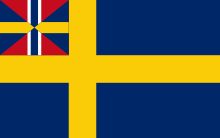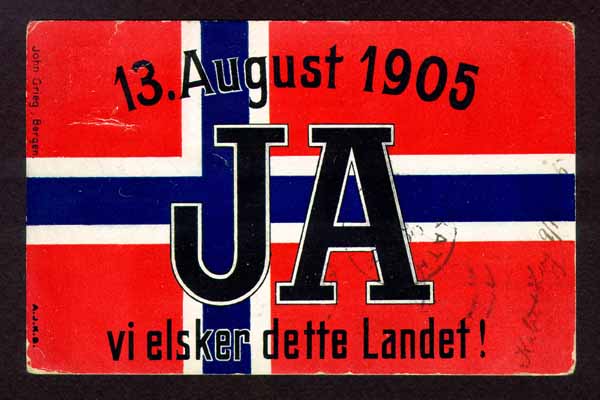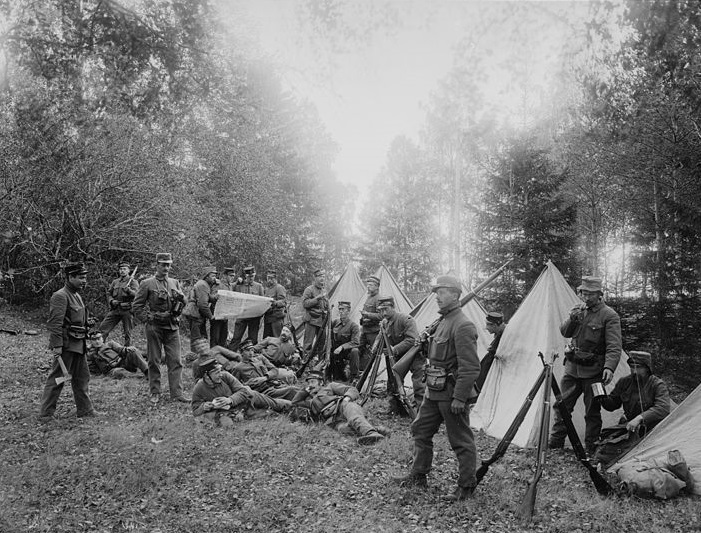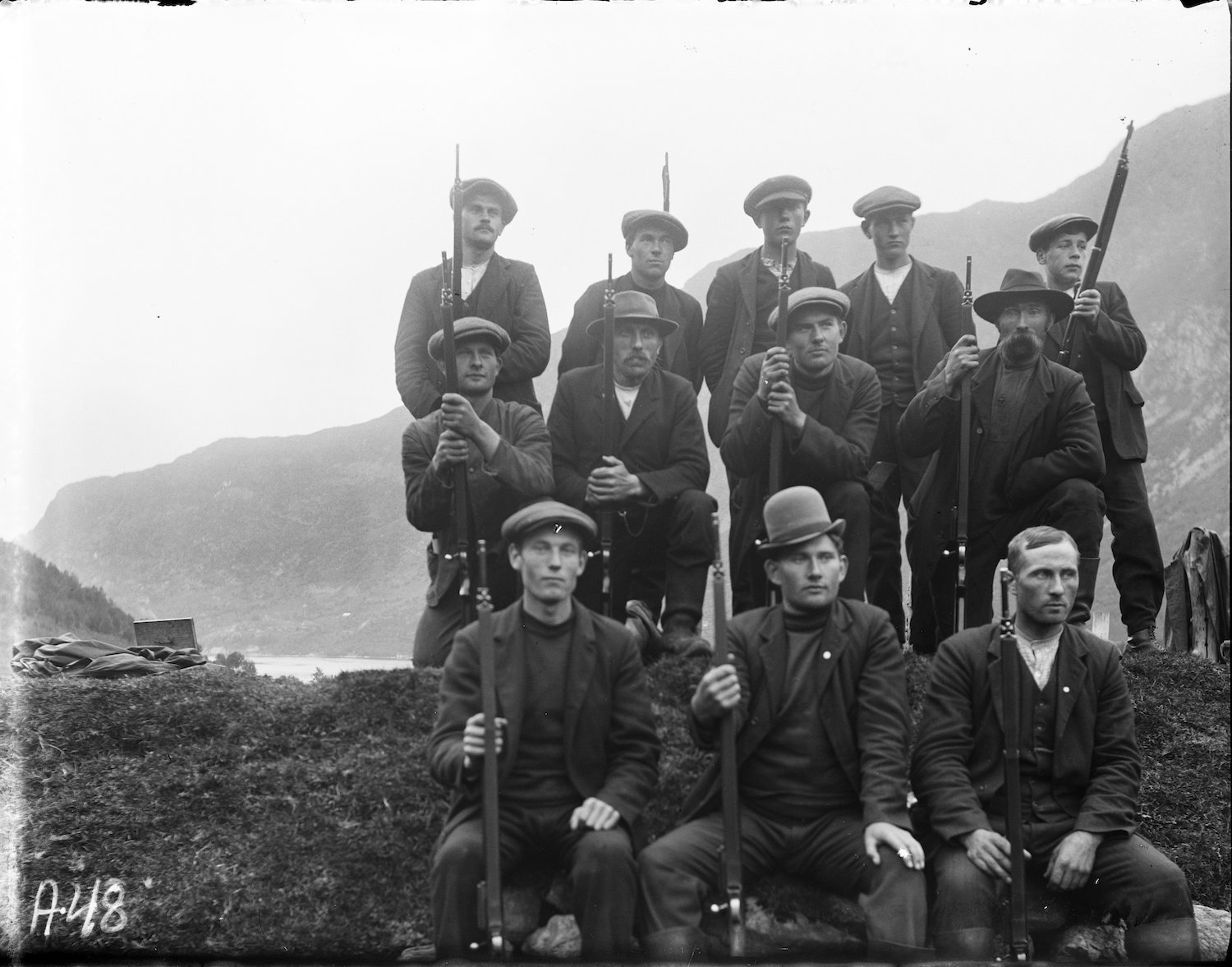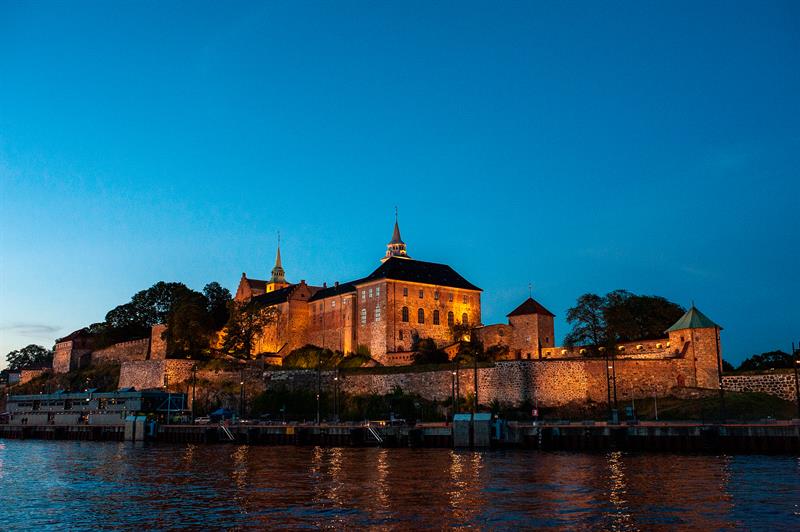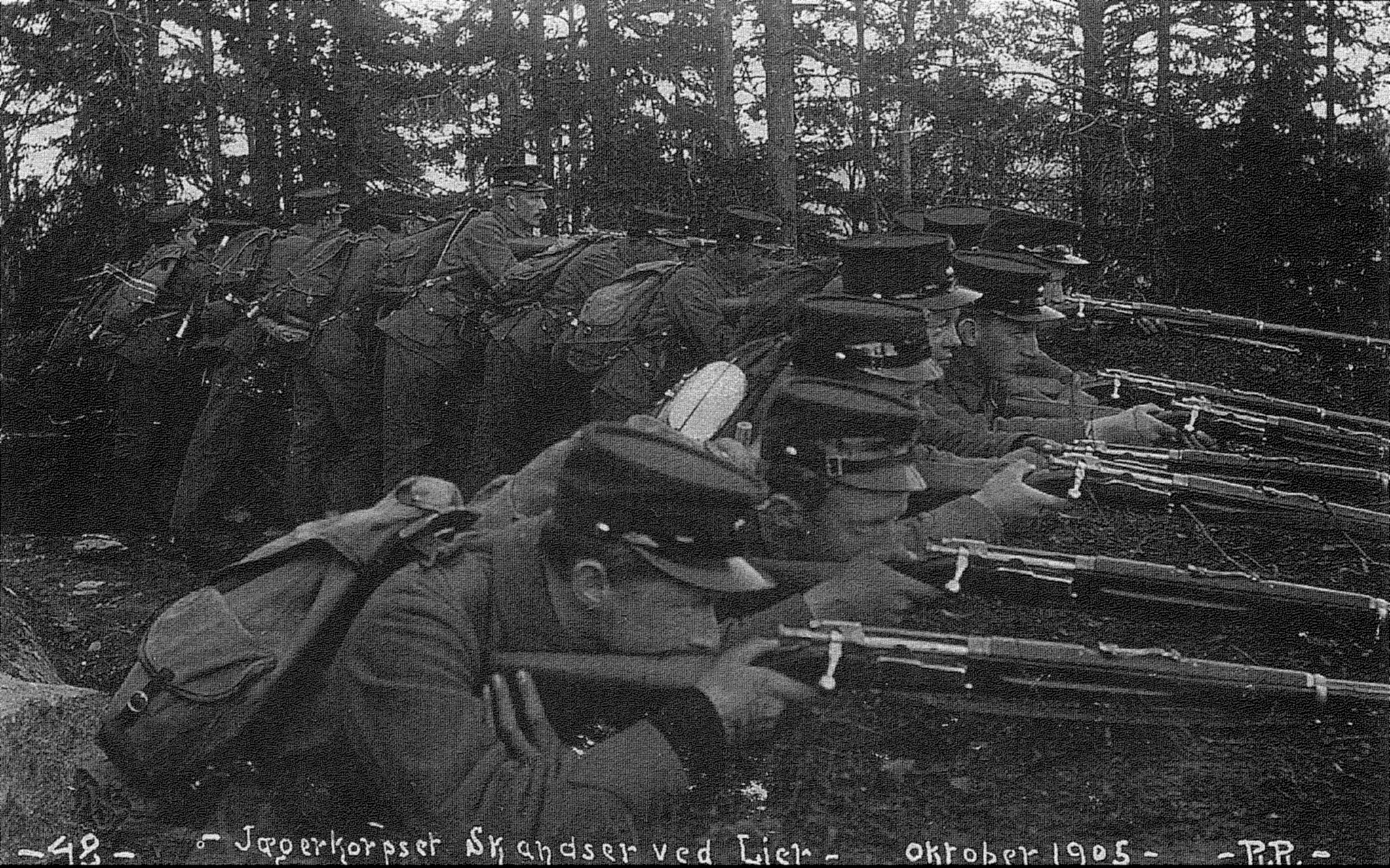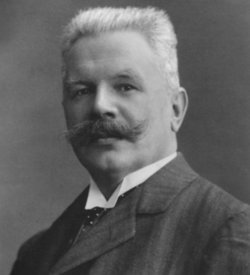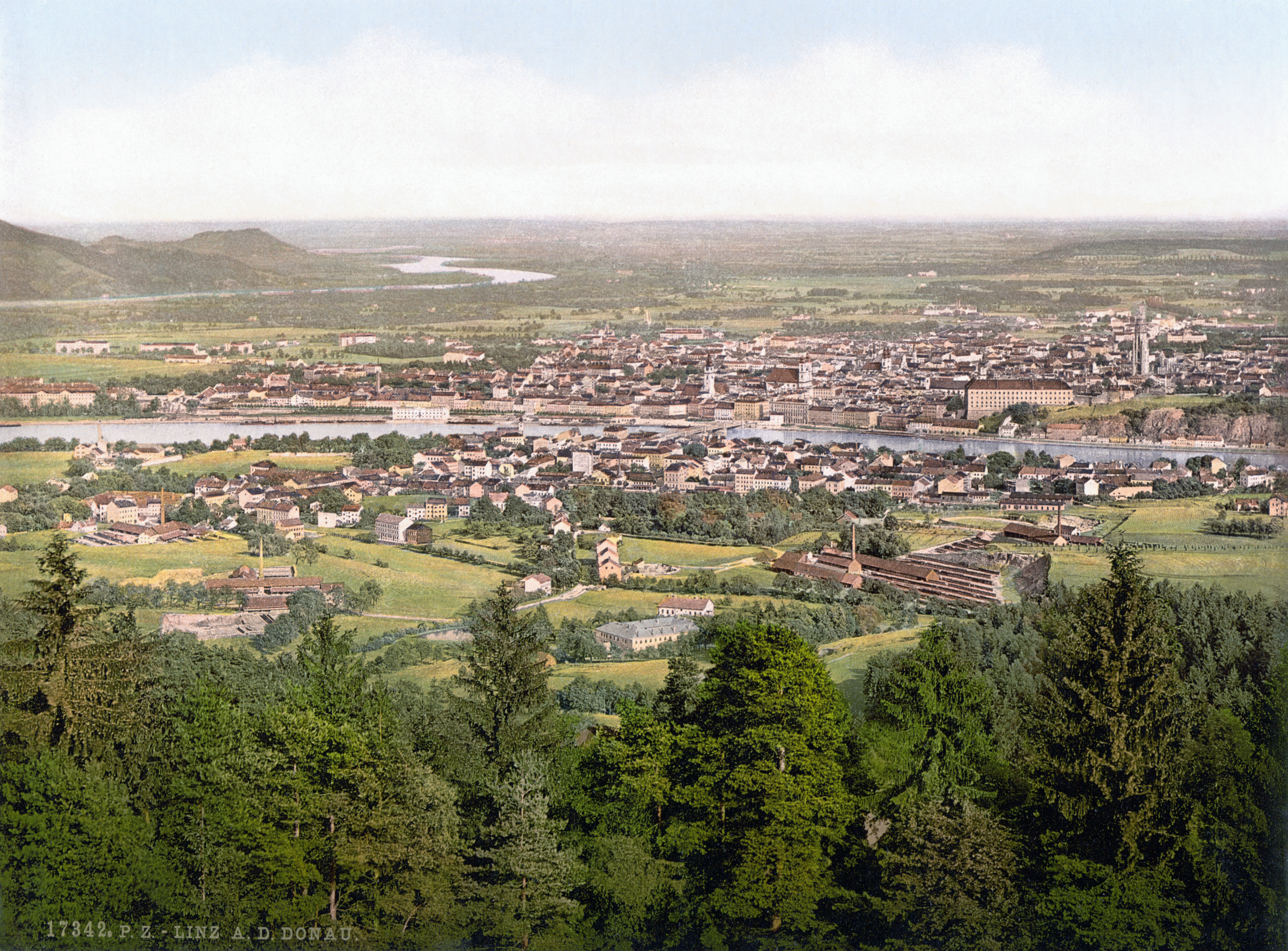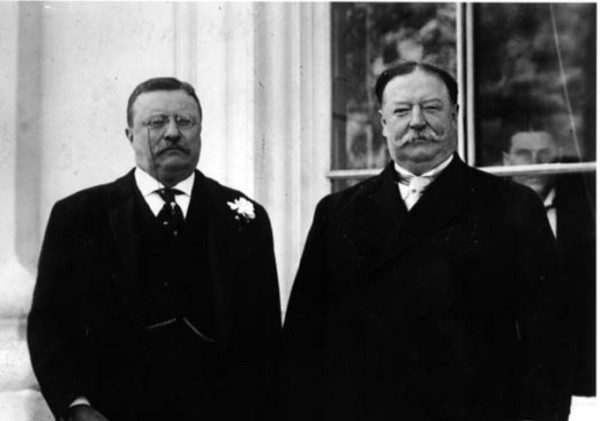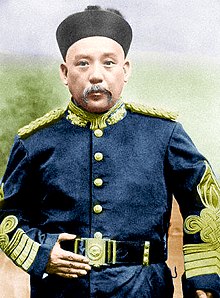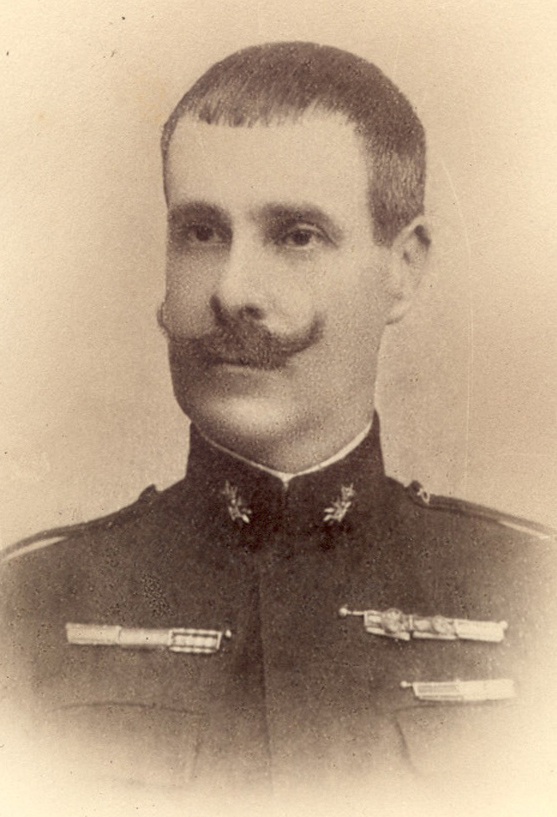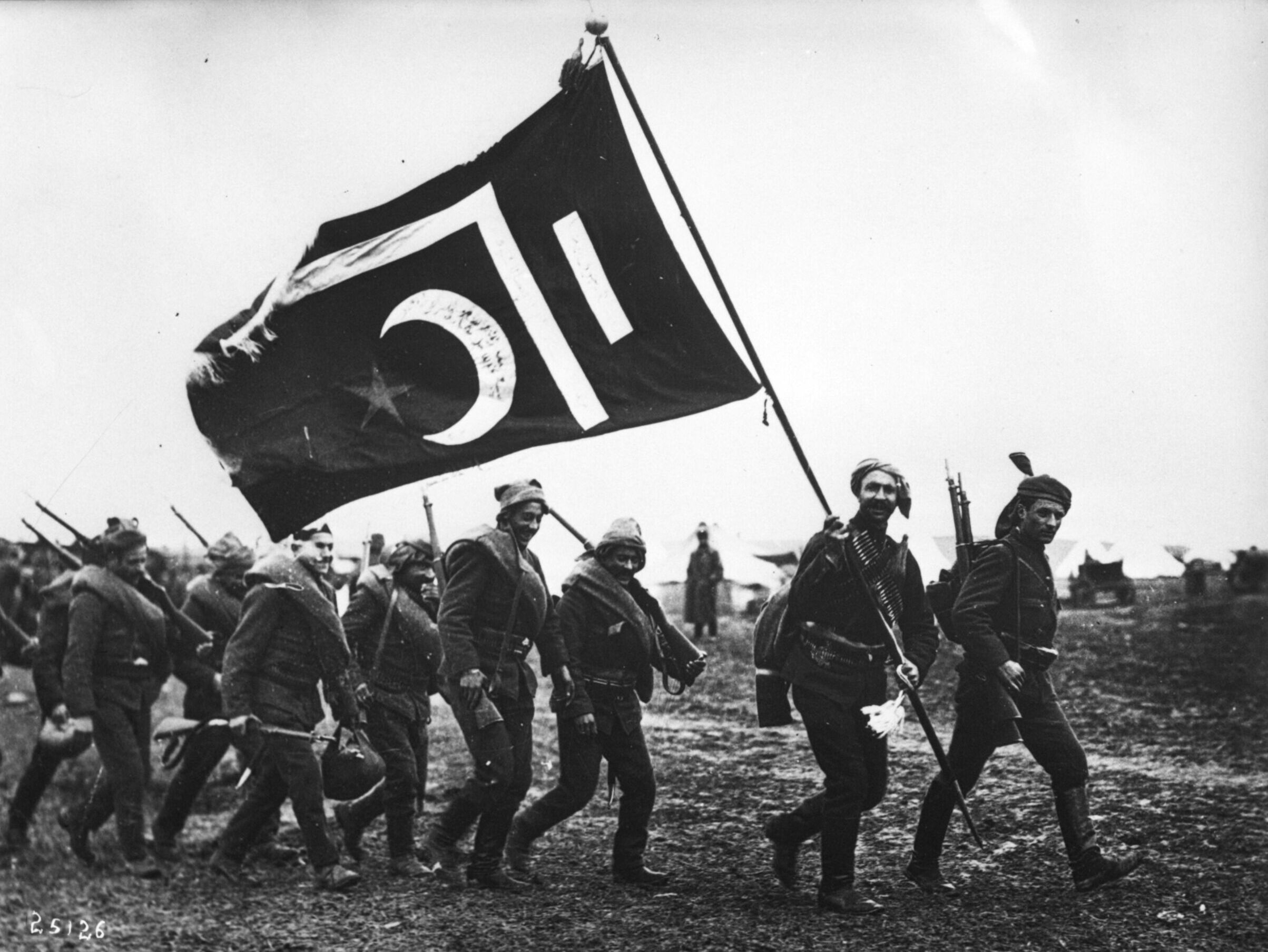Lisbon, Portugal
1 February 1908
It was a sunny day. The streets were of Lisbon filled with people all mulling on with their lives. The skies were clear and the birds flew everywhere in all directions. A carriage rides across the Terreiro do Paco. It was protected by guards on horseback. Inside the open-air carriage was the family of the House of Braganza.
They were coming back after a month-long retreat at the Vila Vicosa in Alentejo. The king, Carlos I, was wearing his service uniform and the two princes were wearing civilian clothes. They were trying to present an air of normalcy. But what was about to happen was to be the opposite of normalcy.
As soon as the carriage passed, a bearded man brought out his Winchester rifle and aimed at the carriage. A shot soon rang out across the square. The King went down instantly, having been shot through the neck. Another shot grazes his shoulder. The princes and the mother were all horrified to see this. The crowd began running in all directions. The crown prince, Luis Filipe pulls out his revolver alongside his younger brother.
Seeing this, another assassin runs towards the carriage pulling out his gun. Manuel, the younger brother, saw the man running towards them and yelled to his brother. Luis saw aimed his revolver at the man, the assassin doing the same. Both fired their shots at the same time. The assassin went down with a bullet to the abdomen while Luis was struck in the chest and face. In agony, the shooter screamed “Caralho!”.
The bearded man, seeing his partner go down, aimed his sights on the Queen in revenge. He yelled “Filho da puta!” and fired a shot. The Queen, who was standing, nearly was shot in the arm. Before he could fire again, a cavalry policeman drew his saber and slashed the man on the back. He went down in agony and passed out.
The royal family was hastily sent to the hospital to treat their wounds. Out of the three that were struck, only one survived. King Carlos I and his son, Luis Filipe, were dead. The younger son, Infante Manuel, was now Manuel II of Portugal.
The Lisbon Assassinations, 1908
Manuel II of Portugal
***
The assassination of Carlos I and his son sent shockwaves across Europe. Many royals and monarchs were horrified that another one had bitten the dust. The young king was inexperienced was therefore advised by his uncle, Infante Afonso. Manuel had kept a revolver with him thanks to Wilhelm III when he heard of his idea of carrying a pocket gun with him at all times.
The assassins were members of the Carbonaria, a republican revolutionary group that had been involved in numerous anti-monarchist plots. There had been a growing wave of opposition against the government of Joao Franco and the monarchy ever since 1890 when the British sent an ultimatum to Portugal to disregard their Pink-Map dreams. Under pressure, the government acquiesced to the demands which prompted outrage across the whole country, especially nationalists.
After surviving the assassination, King Manuel II ordered Joao Franco to crack down on those responsible for revenge. Political agitators were arrested and an investigation was conducted. It listed various people and groups that had a hand in plotting the assassination. With that list, the groups were all shut down and the people arrested as well. Despite this, some managed to escape to countries such as Brazil and France.
Many people began to sympathize with the young king as they saw him as a son who lost his father and brother. But some held no sympathy whatsoever, they were dead set on overthrowing the monarchy. When their actions failed, they simply bide their time and planned another. This time much bigger than the last.
***
3-5 October 1910
Expecting an imminent coup d'etat by the revolutionaries, the government ordered all the garrison troops of Lisbon to be on guard. The King, after giving a toast to the Brazilian president, retreated to the royal palace. The republican leaders assembled in a meeting that evening, making sure things were ready for their plan to go into effect. Some of them didn’t show up due to the strong military presence, but Admiral Candido dos Reis insisted they take part.
One naval officer, Machado Santos, didn’t attend the meeting and had gone into action. He went to the military quarters of the 16th infantry Regiment and took control thanks to a revolutionary corporal. He then went with 100 men and took over the 1st Artillery Regiment. Those that weren’t joining the coup were arrested and even those that tried to control it were killed. When that was done, he and several others gathered more army units sympathetic to the cause. All of the units, numbering 400 men, marched on towards Rotunda Square which they soon fortified.
Meanwhile, another armed force took over the naval barracks at Alcantara and sought the support of several warships off the coast. Ultimately, 3 ships were taken over: NRP Adamastor, Sao Rafael, and D. Carlos I. They also manage to control most of Lisbon’s artillery munitions.
That was the last unit assembled by the republicans. But there more units that although were sympathetic to the republicans, hadn’t joined the action. They waited for the sound of 3 cannon shots - which was the signal for them to advance – but it never came. Admiral Candido dos Reis fired one shot, expecting to take command of the warships. When he was informed that everything had failed, he retired to his sister’s house and committed suicide. Back at the Rotunda, the city was calm which had a demoralizing effect on the rebels. The officers, seeing all this, preferred to give up. They all changed into civilian clothing and left for their houses, except Machado Santos.
Rebels on Rotunda Square
Due to the preparedness of the government, strategic points across Lisbon were heavily guarded such as the Royal Palace, Rossio Railway Station, the gas factory, the Portuguese mint, the postal building, the Carmo barracks, the ammunition depot in Beirolas and the residence of the President of the council of ministers.[2] The government had mobilized a lot more troops than anticipated, which were mobilized from places like Barreiro. The Municipal Guards and the city police were also deployed across the city, totaling 2600 men.
The rebels, abandoning the original plan of action, opted instead to entrench themselves in Rotunda and Alcantara. As news of the rebels at the Rotunda reached the military command, they sent a detachment headed by the colonial war hero, Paiva Couceiro, to break them up. The column advanced towards the prison and took combat positions. However, before they were finished, they were attacked by the rebels. The attack was repelled but it scattered half of the infantry from the column. Paiva responded with cannons and an infantry assault that was repulsed. Another attack was ordered but it was too repelled. Finding out he had the right time to assault the barracks of Artillery 1, Paiva Couceiro requested reinforcements to high command. That order was granted and another detachment of troops was on the way.
Meanwhile, another column had been formed to simultaneously attack the Rotunda. The column reached Rossio that evening but didn’t march out. A few subordinate officers who were suspicious of the commander, General Antonio Carvalhal, placed him under arrest when they found out he was a sympathizer. The column was placed under a new commander, Cesario Cesar, who immediately marched the column towards Rotunda Square.
Reinforcements from other parts of the country arrived throughout October 4. This was made possible due to the government’s infiltration of the Carbonaria to the point where they discovered their plans for the revolt. When members tried to cut the telegraph lines going out from Lisbon, the police were posted on every telegraph pole and stopped those that tried to. Besides, they also posted guards across the railway tracks as part of blocking the rebels' plan of cutting them. The navy ships that hadn’t defected guarded the Tagus river, allowing reinforcements from the Setubal Peninsula to arrive. Despite that, the rebel ships were docked beside the Palace Square while the Sao Paulo opened fire on the ministry buildings.
In the evening, King Manuel II and his mother were staying in the Royal Palace when the rebels attacked the building. During the firefight, the king made some phone calls to the commanders about the situation. Reinforcements soon arrived and the rebels were repulsed from the palace. The king was advised to seek refuge in Mafra or Sintra but he refused to flee in the face of rebellion.
Later on, the mobile battery from Queluz arrived and was arranged at the palace gardens. They had their guns aimed at the quarters of the revolutionary sailors, which was 100m from the palace. But before they had the time to start, they received the order to join the column which was heading for the Rotunda. In a moment of the initiative, the commanding officer disregarded the order and ordered the battery to open fire.
“Damn the square. Fire at will!” – The famous line of Capitan Joao Sanchez
Meanwhile, at an area near the Rotunda, Paiva Couceiro commenced the attack. He assaulted the Artillery Barracks, eventually taking it over and forced the surrender of the regiment. With that finished, he and Cesario simultaneously attacked the Rotunda. Both of the columns charged into the square with artillery support, gaining an edge. Vicious gunfire sounded across the Rotunda as things were slowly coming apart for the rebels. Machado refused to budge and ordered his men to hold their ground which only the most die-hard revolutionaries seemed to follow. The huge battle soon turned into a vicious melee with soldiers from both sides fought each other with only their rifles and bayonets as their weapon. Amid the fighting, both Paiva Couceiro and Machado Santos finally dueled each other. Both men fought each other with their sabers and kept fighting and parrying each other’s moves until Machado was finally killed with a sword through his chest.
Paiva Couceiro, The Hero of Rotunda
Seeing their only leader on the field dead, the rebels had either surrendered or dispersed. The Rebels morale had completely plummeted by then after seeing suffering setback after setback. The Rebels on the Rotunda had finally been defeated. As revenge, the rebel ships off the coast unleashed a barrage on the Royal Palace. The shells landed everywhere across the palace gardens and even a few shells had hit the building itself. King Luis II was in one room when a shell landed on it. He was wounded but still alive.
The fall of the Rotunda was a huge morale boost for the monarchists, who now took the chance and went on the offensive. They converged on Alcantara in a showdown and started unleashing barrage after barrage at the naval barracks. The men inside had barricaded themselves and were determined to fight to the last man. A little while after the bombardment ceased, the monarchist troops attacked. The two columns from the Rotunda along with the Municipal Guard breached the walls of the barracks started for every building and room in the barracks. Some of the rebels, seeing the writing on the wall, committed suicide and the rest had either surrendered or died fighting. By midnight, the King and military command received the telegram: Alcantara is secured.
The only rebels left were those on the 3 ships offshore. Seeing the end of it all, D. Carlos I and Sao Rafael hoisted up white flags but the Adamastor didn’t. It was given a final warning to surrender but that offer was turned down. The captain had decided to go down with the ship than surrender like a dog. On the morning of 5th October, government ships opened fire on the Adamastor. An hour of back and forth shelling bewildered the citizens of Lisbon as they watched on. Eventually, the rebel ship went down as most of the crew, except the captain, abandoning ship. The revolt was finally crushed on both land and sea.
In the months to follow, the ringleaders were put on trial and sentenced to various sentences. Some received death, others received life imprisonment or long jail time. The soldiers of each regiment that took part in the revolt were court-martialed and either executed or sentenced to hard labor. Every member of the Carbonaria was arrested and sentenced as well. Joao Franco, with the blessing of the king, went all out on any group that opposed the monarchy. The republican ideals were squashed in Portugal and the revolutionaries had fled the country. The monarchy was here to stay.

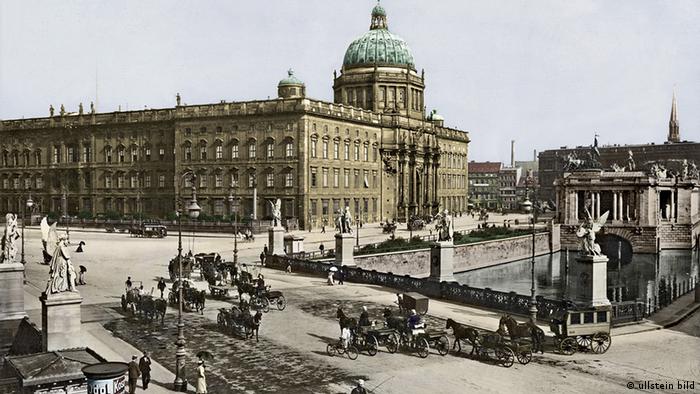

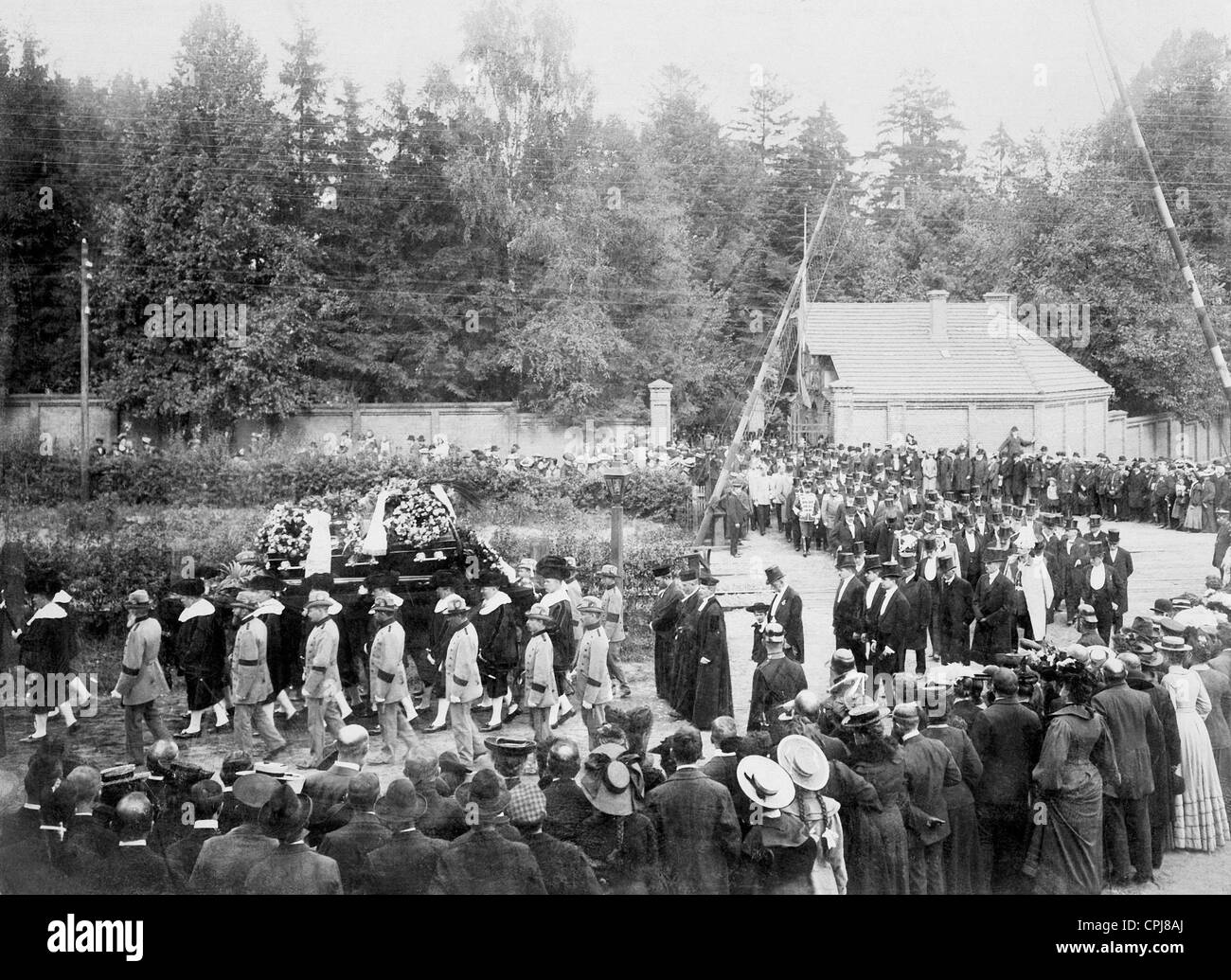
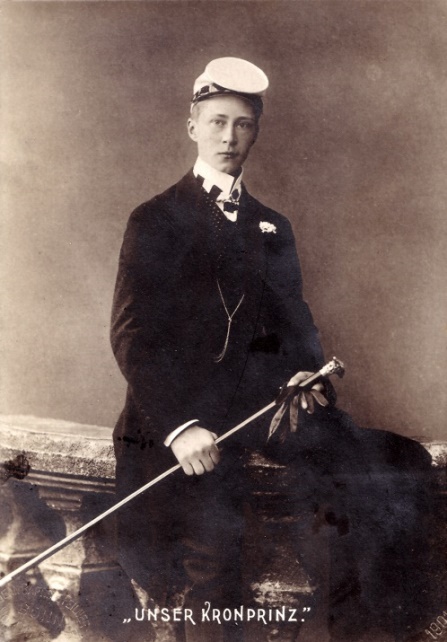





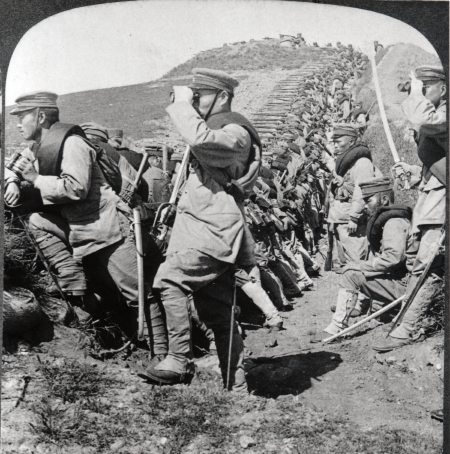
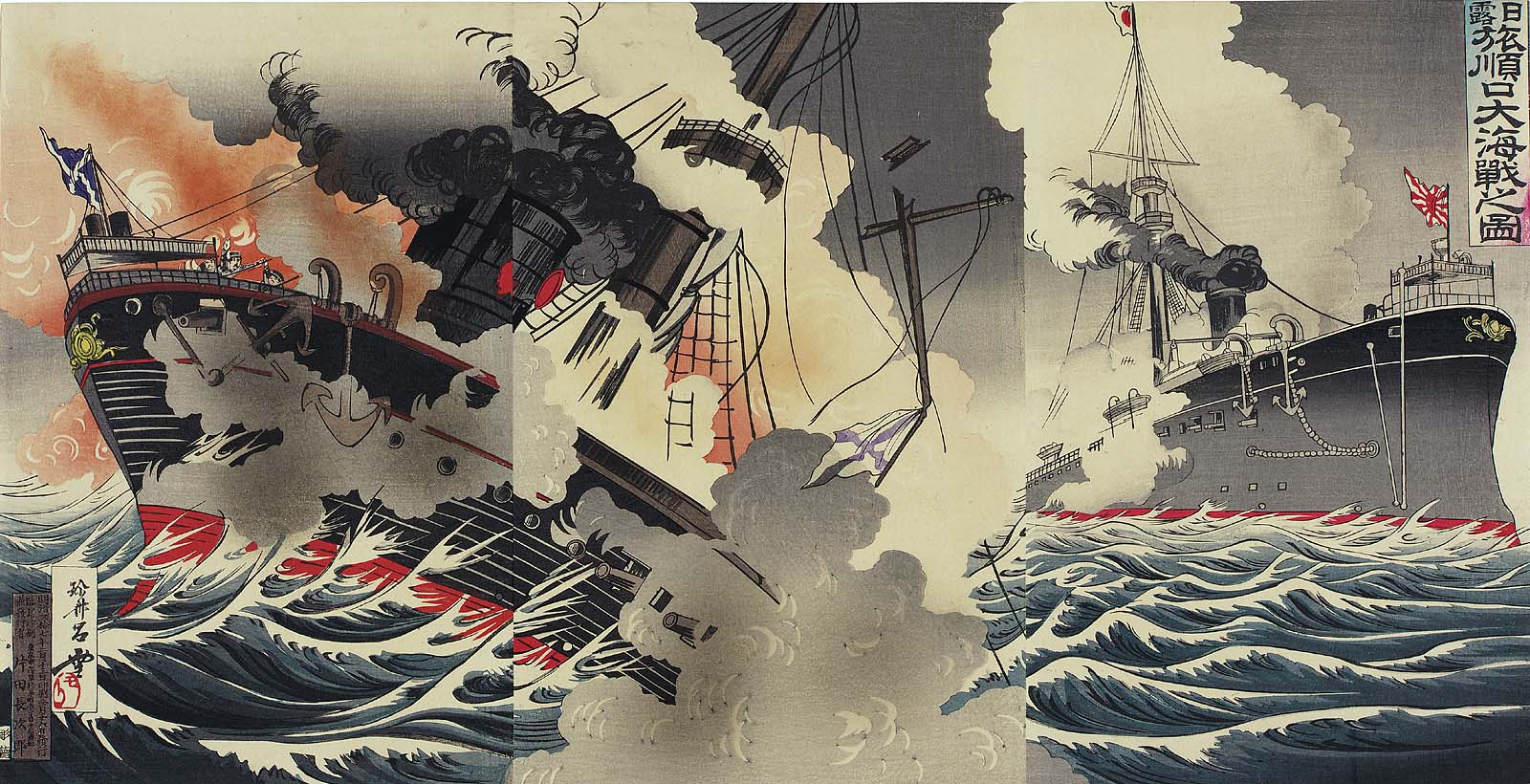
:max_bytes(150000):strip_icc()/GettyImages-515758847-e9fd4bc0bfa54d948f36b1fc6f98dd52.jpg)
:max_bytes(150000):strip_icc()/The_Russian_Revolution_1905-5809637e3df78c2c73877a42.jpg)


